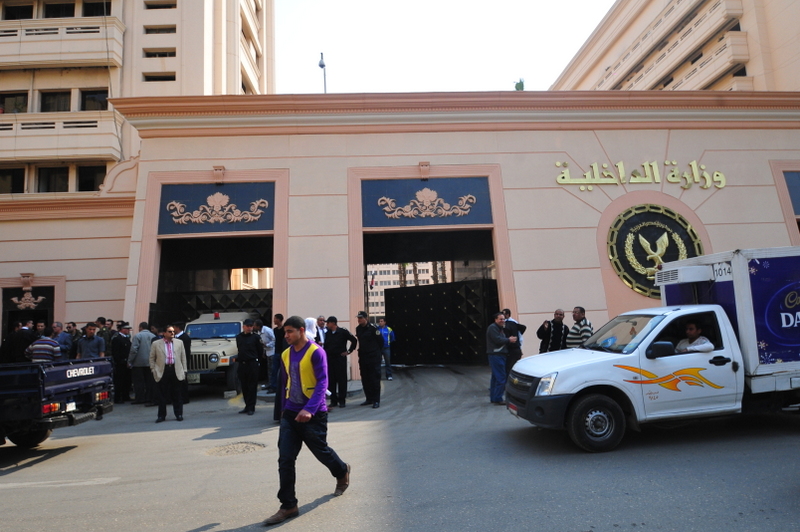
(Photo by Halim El-Shaarani)
It seems to have become the rule that iftar means stuffing your face with scrumptious food. But it was not always that way. The prophet advised Muslims to break their fast with dates soaked in milk. The fruit is known for its naturally high sugar content which makes it a great energy-booster.
Some scholars believe that dates first grew in Iraq although no one can know for sure since by now you can find them all over the Middle East. Historians estimate that the fruit has been around since 4000 BCE.
Studies show that the stomach absorbs dates easily, making it the perfect food for iftar, since after a day of fasting the digestive system should be gently introduced to sustenance. Eating a lot too quickly can cause stomach cramps and digestion problems.
During the last few hours of fasting, the percentage of sugar in the blood drops greatly; the sweet fruit helps equalise this deficiency quickly. Health professionals advise soaking the dates in milk to avoid bloating and gas. Dates are also helpful because they contain antioxidants, which are good for fighting free radicals and combating cancer.
Iftar is at sunset or maghreb, so usually people break their fast by eating dates, after which they pray either in the mosque or at home. After they return, they continue with their iftar by eating a regular meal. Praying in the middle allows the digestive system a chance to accustom itself to food before people bombard it with all sorts of delicious Ramadan dishes.
The fruit is also served as a speedy to-go option. During the maghreb call to prayer, people rush through the streets to make it home while others wait throughout the city with wrapped dates and cups of juice to hand out to those still on the streets at sun-down so they can break their fast.
It might seem strange to the onlooker, seeing people distribute free food, but it is a tradition related to thawab, which means God rewards you for your good work. Many muslims believe that when you feed another who is fasting, you get a great thawab. In fact, it is said that you get the same amount of thawab as the person who is fasting.
Then, there are all of those dessert concoctions, like date tart, konafa with dates, and sweet dough filled with dates. So, if you do not like to eat the fruit in the traditional way, you can just indulge in one of these delicious, but fattening, desserts. Whichever way you choose to indulge, dates are an essential and time-honoured part of Ramadan.



